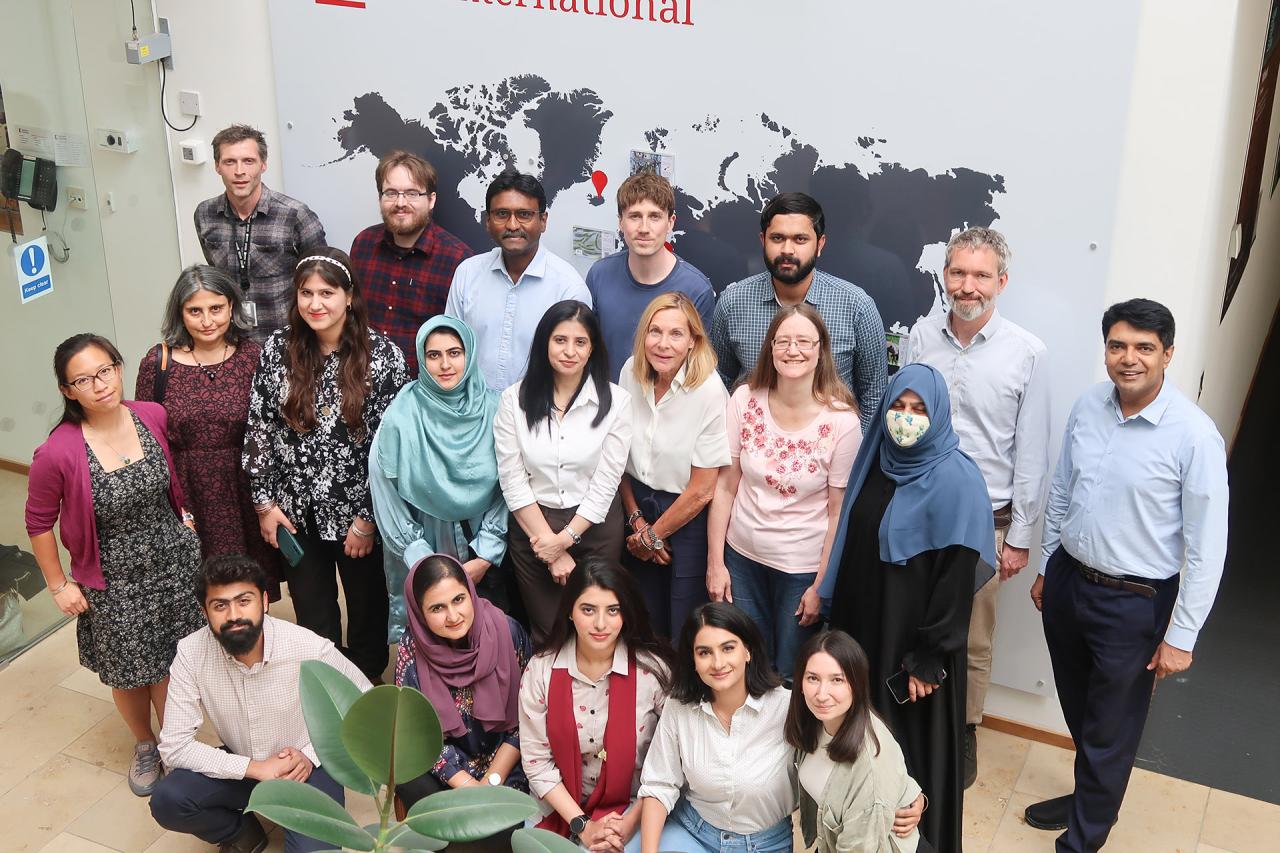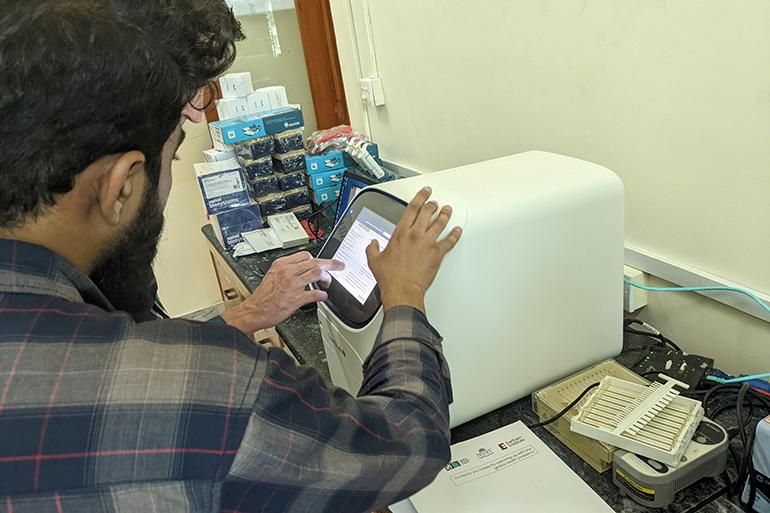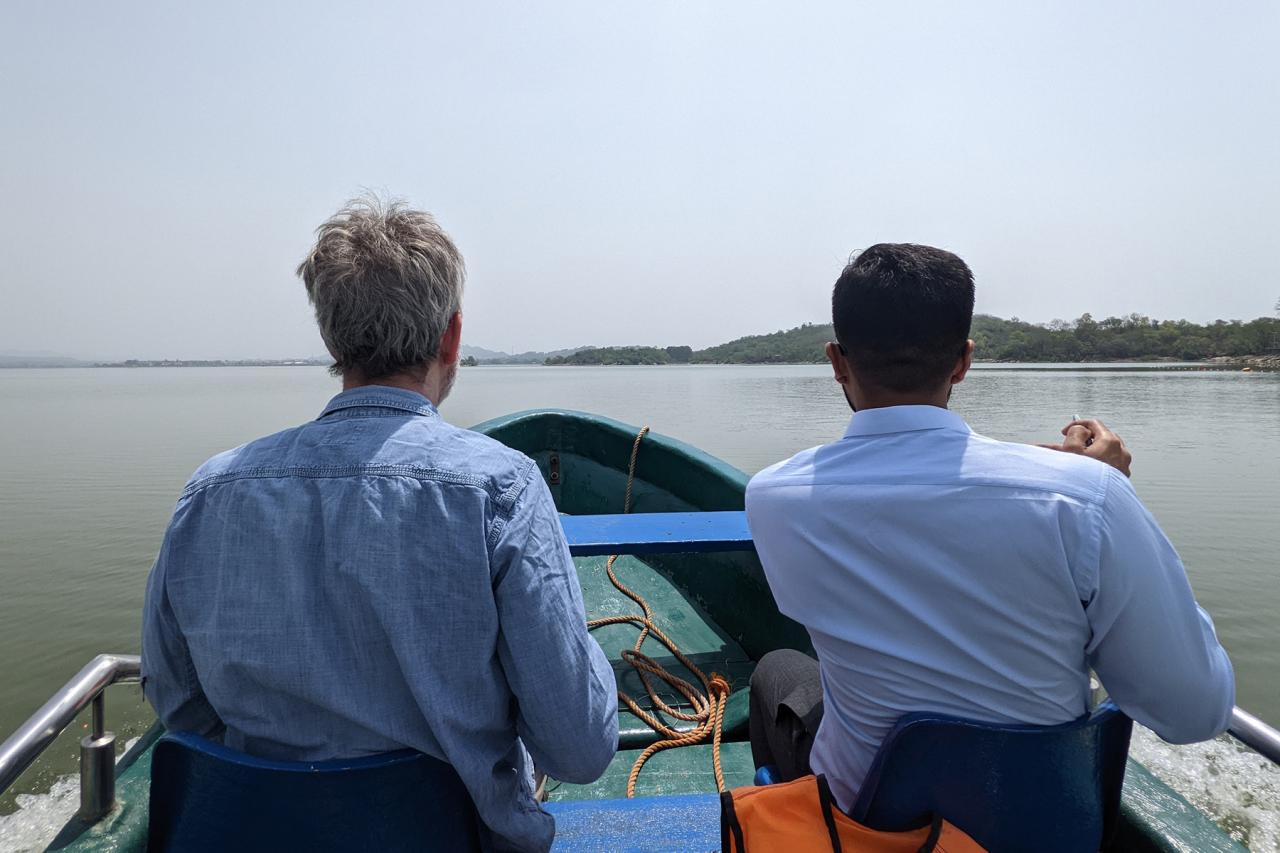Gastroenteritis is an infection of the stomach and small intestine, caused either by harmful bacteria, parasites, or viruses. It causes diarrhoea and dehydration, which can be deadly for people living in parts of the world where clean water is in short supply.
The GastroPak project, supported through the UKRI Global Challenges Research Fund (GCRF), will develop capacity in Pakistan for pathogen surveillance. The deployment of equipment and protocols will enable different species of non-viral gastroenteritic pathogens to be detected. These samples will then be used to conduct a ‘One Health’ survey of pathogens across the environment, domestic animals, and in the local community.
Crucially, the project brings together social scientists, microbiologists, engineers, epidemiologists, chemists, and statisticians to take an interdisciplinary approach to understanding the various social, biological, chemical, and technical factors affecting the spread of gastroenteritis.
The multidisciplinary team will investigate how the different factors contribute to the spread of infection through agriculture, sanitation, drinking water, food, and person-to-person contact.
Below: The Gastropak project team on a training visit to the Earlham Institute in 2023





